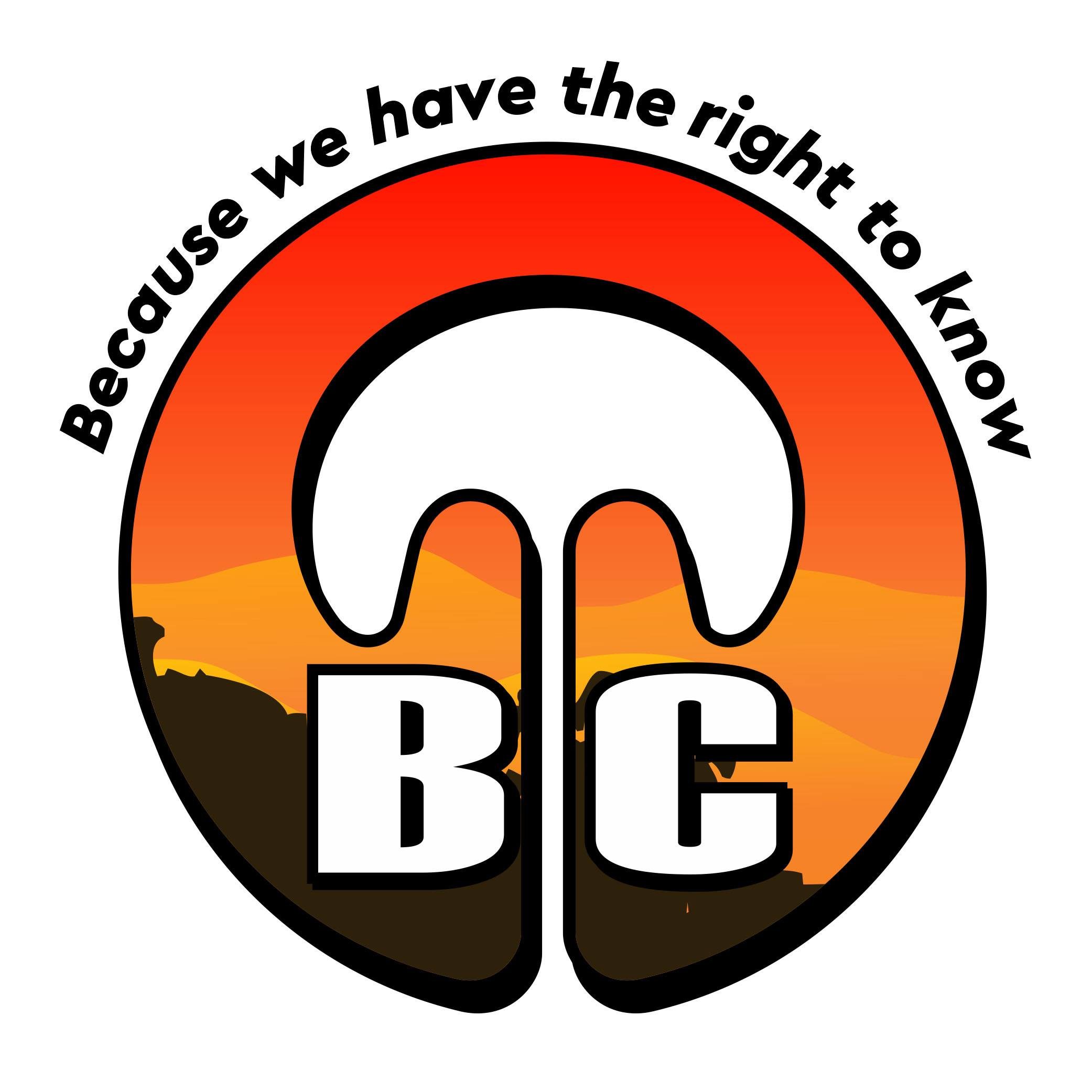AFTER more than two decades after its enactment, the effectiveness of the IPRA Law remains questionable. Certainly, the law still has its gaps and deficiencies, but the failure to address Indigenous Peoples’ issues is perhaps more because of the inadequacy of the NCIP to formulate appropriate policies for its implementation.
The National Commission on Indigenous People (NCIP) is the primary government agency that formulates and implements policies, plans, and programs for the recognition, promotion, and protection of the rights, interests, and well-being of Indigenous Peoples (IPs) and Indigenous Cultural Communities (ICCs) with due regard to their ancestral domains and lands, their beliefs, customs, traditions, and institutions, self-governance and empowerment, social justice and human rights. However, it has hardly gone forward toward the attainment of its mandate, vision, and mission…Towards the full realization of the IPRA Law.
The principle of free, prior, and informed consent (FPIC) has been compromised and problematic in many instances. Many indigenous peoples organizations have claimed that the FPIC process done in their areas lacked a wider and more meaningful representation. That it has been subverted by the self-serving interests of powerful external forces, companies, and the NCIP itself. Individuals who are more eager to approve projects are selectively appointed by project proponents and the NCIP as representatives or spokespersons while those opposing are disregarded. This creates divisions within the community, especially since it usually marginalizes the real decision-makers from the process.
The IPRA has been prevented from protecting indigenous peoples from the dispossession of their lands and right to self-determination because of such manipulative practices.
The recently concluded FPIC on the Binga HEPP in Itogon might well be an example of an exception, but not without its own problems. Until today, a boundary dispute exists between the municipalities of Itogon and Bokod. The NCIP had the capacity to settle the dispute years before this recent FPIC process even started. But they didn’t.
With the MOA having been signed between the Itogon and Tinongdan IPOs with SN Aboitiz Power-Benguet, Inc. (SNAPBI), both the company and IPOs are caught in the middle of issues arising from the boundary dispute. The NCIP, given its legal personality regarding the IPRA Law, should settle the issue.
Which now brings us to another problem with NCIP guidelines and policies. Such documents must pass through several levels of the NCIP and other implementing government agencies. These bureaucratic obstacles have not been addressed at all. Instead, constant changes in policies and guidelines, come each time there is a change of administration which adds to the confusion and burden on IPs rather than simplifying the system.
Issues on handling customs and traditions of IPs also exist. The NCIP limited itself to its promotion for entertainment and tourism purposes. Thus, giving it a market value and reducing it to being a mere commodity rather than an important component of our culture and society.
They also fail to consider the fact that all cultures are dynamic; therefore, developing as each generation is exposed to other cultures and factors. Many elders have no understanding of this process, therefore, creating certain issues between the old and new generations.
These are just among the many problems with the NCIP. But the most controversial issue is their involvement in the NTF-ELCAC which is notorious for red tagging, causing the abduction, imprisonment, and death of many indigenous people fighting for their rights. Definitely not in line with their mandate under the IPRA Law in upholding and protecting the rights of Indigenous Peoples.
In summary, the NCIP has yet to be converted to a progressive agency that puts its authority in advancing the rights and interests of Indigenous Peoples. An agency that develops realistic policies which are more culturally responsive and rights based.




There are no comments yet. Add your comment to start the conversation.